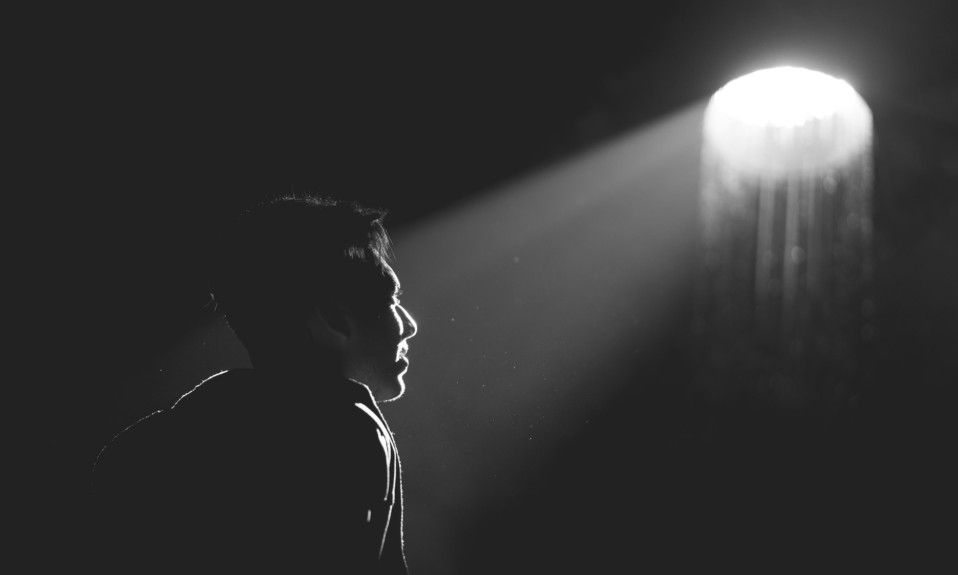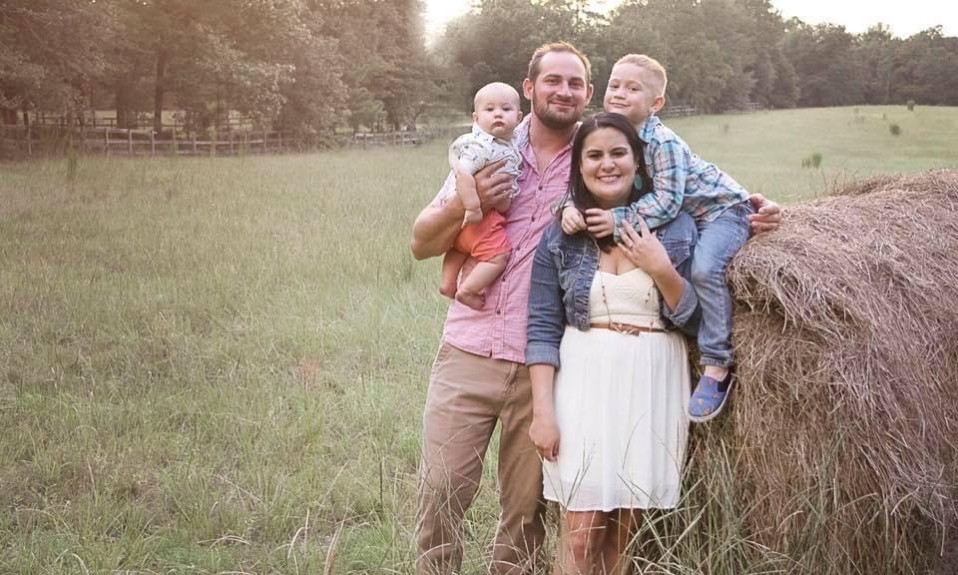Provocative and scholarly as ever, the psychologist and author discusses why addiction treatment needs to move beyond the “disease” model and abstinence-only approaches
By William Wagner
Stanton Peele has been a voice in the wilderness for 40-plus years, bucking standard notions about addiction and recovery at every turn.
Starting with his first book in 1975, Love and Addiction, he has challenged the premise that addiction is a medical condition, or a “disease.” Instead, he views addiction as an outgrowth of one’s experiences. To heal addicts, he argues, we must improve their circumstances and instill in them a sense of purpose.
Some have found his theories to be maddening. In a 2007 article in The Journal of Treatment & Prevention, Alex W. Kwee calls Peele “one of the most polarizing figures in the field of addiction treatment and research today.” Others, however, have lauded him as a unique beacon of reason and hope. As evidenced by the 12 books he’s written, the most recent of which, Outgrowing Addiction: With Common Sense Instead of “Disease” Therapy, was published in 2019, he has consistently tapped in to a receptive audience.
Provocative as his work might be, it is backed by impeccable credentials. He has a Ph.D. from the University of Michigan in social psychology (1973) and a J.D. from Rutgers School of Law (1997). In addition to lecturing regularly, he runs an online addiction coaching program, the Life Process Program.
Indeed, he remains as engaged as ever at age 74. During a recent conversation with TreatmentMagazine.com, he spoke in the same no-holds-barred manner that has defined his career.
Q: What drew you into the field of addiction treatment?
A: I’m very aware of people being in control in their lives or not. It’s something that’s always interested me. I’ve also been interested in people who act in a way that’s self-defeating. As a child, it was very puzzling to me [to think about] why somebody would take steps or actions that would actually be harmful. Those ingredients gave me a raw general interest in that area of human behavior. I grew up in South Philadelphia. We had a neighbor who was an alcoholic, and I would see the other neighbors carry him home drunk. I would ponder that, even when I was only five and six years old. I came to learn that people have a whole view of what that was—why that happened to a person, why he lost control of himself. The reasons that were given made no sense to me whatsoever, and make less sense to me now that I’ve been immersed in the field for so many decades.
The explanation in America is he had an uncontrollable disease that befell him. That’s the AA version. Later a genetic component was added: “Oh, he has a gene that makes him be an alcoholic.” That makes no sense whatsoever. If you had a gene that made you react horribly to alcohol and you saw that, then you would stop. Some people have near-deadly experiences as a result of eating peanuts, so they don’t eat peanuts. Likewise, if a person had a gene that gave them the likelihood of becoming an alcoholic and they believed that, they would just stop drinking.
What’s really going on is the person finds something in that experience [with alcohol or drugs] that they gravitate to. It does something for them, even though it has negative consequences, that they seek to recreate. It’s just logical common sense. So, I would think about why people behaved that way. What did getting out-of-your-mind drunk and embarrassing yourself to do the person, and why did they continue with it? AA came up with an answer, which is very Americana. Their answer has something to do with loss of control. But then again, you would say, “Okay, let’s say I believe that. Why would they drink at all if it meant losing control?” AA’s basic parameters make no sense. Why does a person return to a negative experience? What is it about that experience? The answer is, there’s something in that experience they grab on to, for whatever reason.
Q: In your mind, what is lacking in the AA treatment model?
A: The first question is, is AA an effective treatment? I just read a claim lately that a conglomeration of studies showed AA was effective. But in fact, it didn’t show that. It showed that people are more likely to abstain continuously for up to a year. That same review showed they were no more likely—and maybe less likely—to improve their lives. And they were no more likely—and maybe less likely—to resolve their alcoholism. And they’re more likely to relapse. I already knew all those things. They’re not hard to see.
If you go to an AA meeting, you become completely cemented there if your goal is to never, ever touch alcohol and avoid all circumstances around that. There are a lot of negatives in that. There are psychological negatives, like feeling you’re powerless and you have to turn yourself over to a higher power and also to the group. There’s a greater likelihood you’ll relapse because you believe you can’t taste alcohol without going all the way, which AA reinforces. If you go to a wedding and then come to an AA meeting and say, “Oh, I had a sip of champagne, but then I put it down,” that can’t happen. They don’t believe that. They believe you’re going to lose control. You’re not allowed to just taste alcohol again.
There are obvious downsides to AA. Do you feel we’re doing really well with drugs and alcohol in America today? Nobody believes we are. AA has been by far the dominant approach for 50 years. When we discovered an inoculation for polio, it disappeared—we were able to bring it under control. Why is it we’ve had a “great scientific breakthrough” that alcohol is an addiction, and, if anything, things have gotten worse?
If you go to an AA meeting, you become completely cemented there if your goal is to never, ever touch alcohol and avoid all circumstances around that. There are a lot of negatives in that. There are psychological negatives, like feeling you’re powerless and you have to turn yourself over to a higher power and also to the group.”
What’s happened since 1999? There’s been a shocking increase in people dropping dead from drugs. If it’s a disease, why is it so drastically affecting certain populations more than others? What explains that? We need to meet people’s basic needs—housing, jobs.
In other words, you can’t simply tell a person, “Oh, you have to clean up your life and stop taking drugs.” The idea of deciding on addiction as a disease works against [solving the problem]. If you believe addiction [is a disease], why is it [more rampant] in rural Appalachia or inner cities like Philadelphia, Detroit or Baltimore? How do you understand that? There is no way to understand that.
Q: How would you define your approach to addiction treatment? What’s the main thread running through your work?
A: My whole model of addiction is that you’re addicted to an experience. From a drug, you get a way of dealing with life and resolving your feelings, of feeling okay about yourself. In general, if you’ve got serious life problems, spending your time experiencing narcotics isn’t going to help you with your health or your family or making a living. It will have a negative effective. But ironically, that negative effect motivates you to seek out the addiction more.
The [coronavirus] pandemic has raised a ton of questions about public health issues. How come we don’t know how to deal with a pandemic? How come we don’t know how to isolate people? What do we do with all those people in jails? What do we do with people who don’t have health care? All these big problems have suddenly appeared. It’s the same thing with addiction. Why has addiction, especially addiction leading to death, increased so radically? Do we really know anything?
We are facing unbelievable statistics—an incredibly climbing death rate, the reversal of the lifespan of working class Americans, these inner-city death bins. We’re at a crisis point nobody can ignore, where people say, “What’s going on? What are we doing about this? Is what we’ve been doing right? Does it make sense? How can that be?” When [public health experts] get back to ground zero, they often sound an awful lot like I do.
When you get people to be able to control their lives and give them enough to make their lives worth living, you’ll reduce drug addiction and death rates.”
I’m writing my memoirs right now, and I’m discussing a man who’s become pretty famous in the field, Carl Hart. God bless him. Whenever I see him at a lecture, he’ll introduce me and say, “Stan Peele’s here. Everything I’m saying, he said decades before me.” I’ll steal some of his lines because they seem to work pretty well: Drugs are not the problem [in inner cities]. Drugs don’t cause the problems there; drugs are one outcrop.
The way I would put it is: Addiction is not about drugs. At conferences, I’ll say, “By the way, has anyone ever taken an opioid painkiller?” Everybody raises their hand, and then I’ll say, “Oh, did you become addicted to it?” Nobody raises their hand. I’ll say, “Come on now. Maybe some of you are hiding it. Did any of you have problems quitting it when your prescription ran out?” A couple people will raise their hands and say, “Yeah.” Then I’ll say, “What did you do?” They’ll say, “Well, I quit anyway. I wasn’t going to go out and start stealing pills.” I’ll ask, “What’s that all about?” They’ll say something like, “Well, I had other things I had to do.” I’ll say, “So, the answer to addiction isn’t the object to which you became addicted. The answer to addiction is the field in which you’re embedded.”
It’s a simple point, and an impossible point: When you get people to be able to control their lives and give them enough to make their lives worth living, you’ll reduce drug addiction and death rates. When you have people who can say, “Oh, I took an opioid painkiller, but it interfered with my productive life and my life in the community,” then the addiction and death rates will reduce.” Unfortunately, we don’t know how to do that [as a society]. The bottom line is, people will resist addiction in the first place and recover from addiction in the second place when they have enough productive connections in life to offset any appeal or value that drugs or other addictions can have for them. We have more depressed people and more addicted people when people feel less connected to the world around them.
Q: What do you make of the blowback you’ve received throughout your career?
A: I’m writing my memoirs now, and the title is Life on the Scientific Edge: My Struggle to Change Accepted Views of Addiction. Everyone knows who I am. Whether I’ll ever speak to the NIDA [National Institute of Drug Addiction], I’d bet against that. But virtually everyone would say that the way we view addiction has changed since Stan Peele wrote Love and Addiction. I kind of previewed a lot of those changes. Nevertheless, I’m almost as much of an outcast now as I was then.














